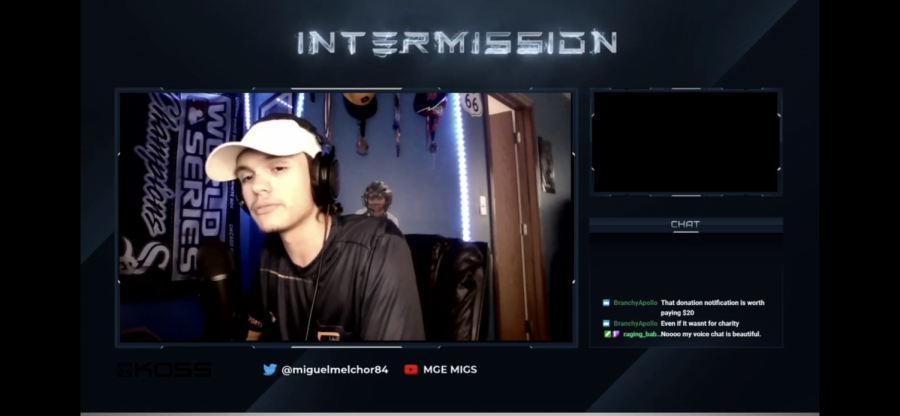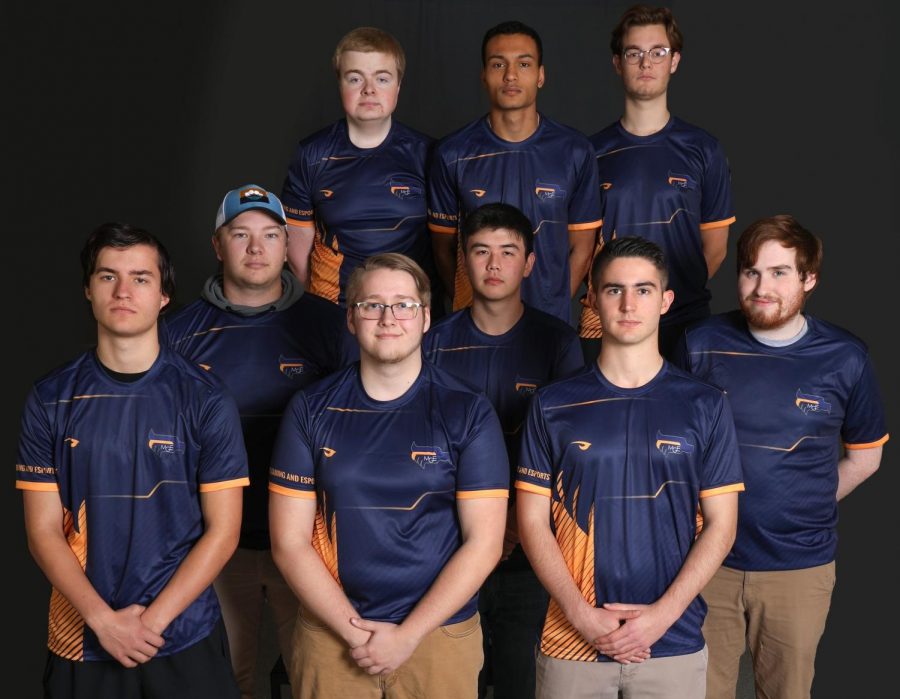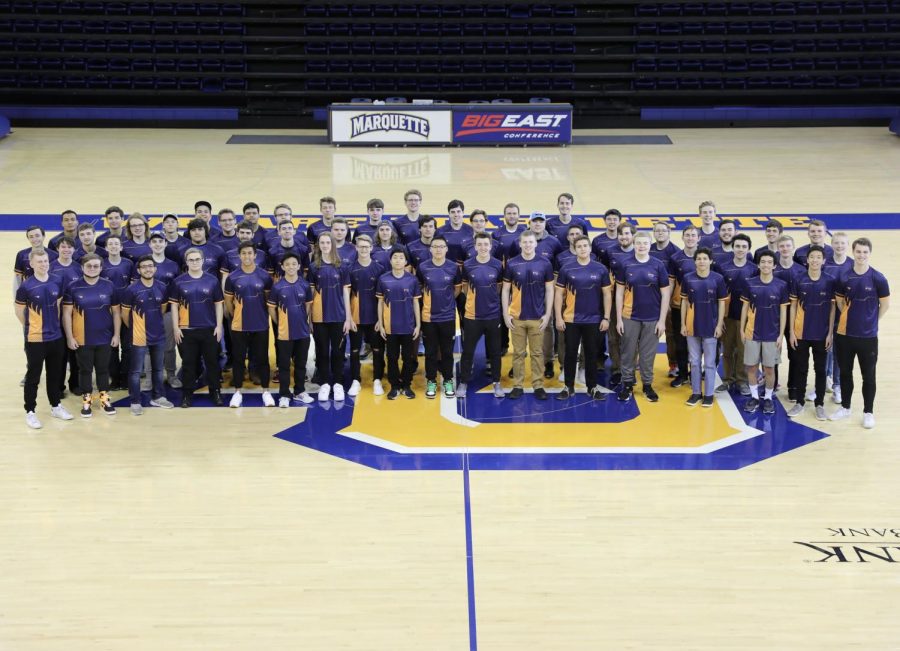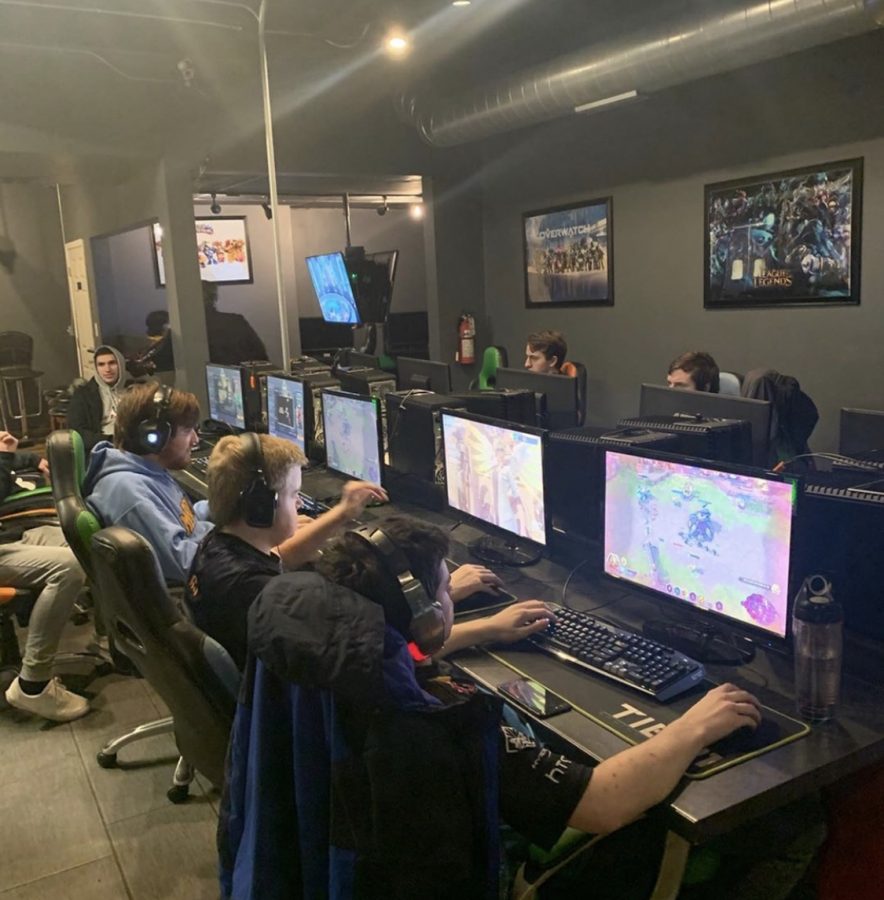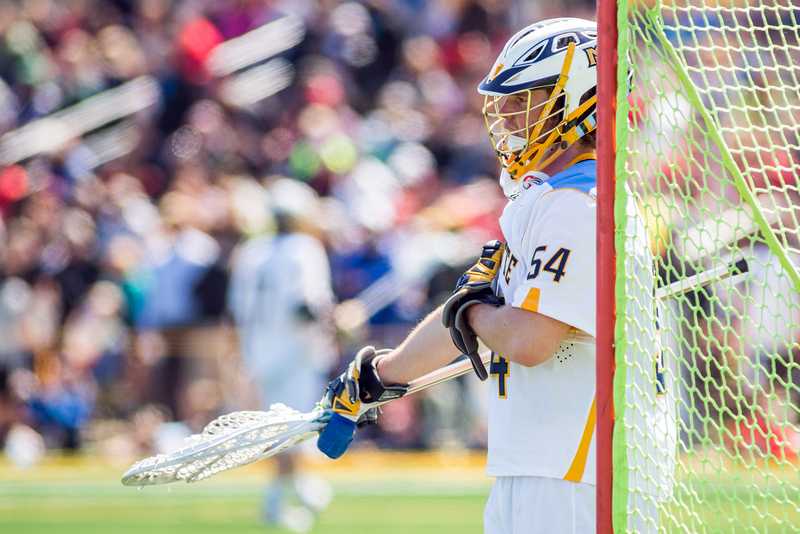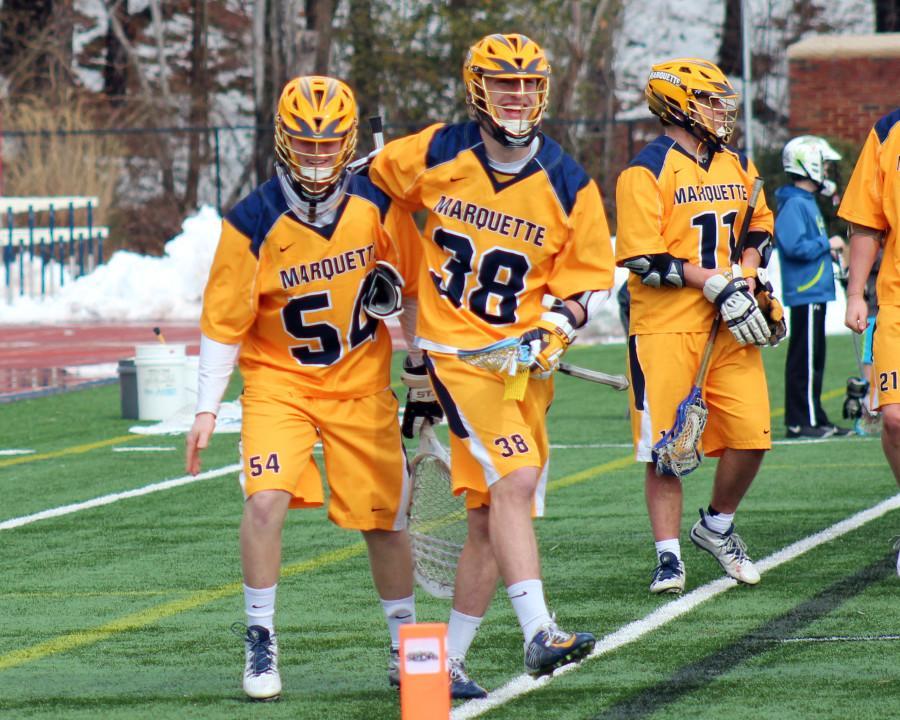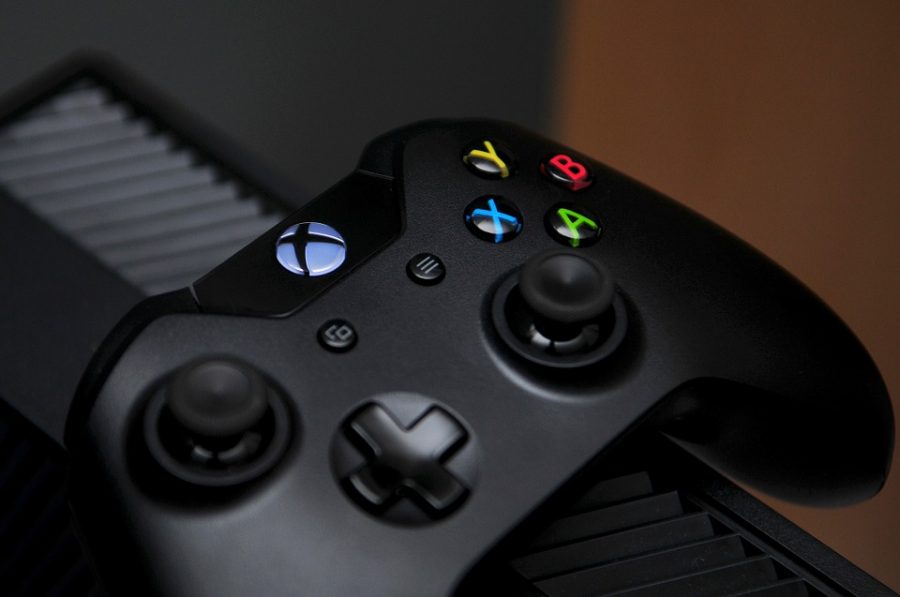Video games do not make people commit murder. The kind of violence that occurred this past week in Jacksonville cannot be solely attributed to the boogeyman of “mental illness.” This kind of simplistic rhetoric does nothing but distract from the very real issues surrounding gun legislation in this country.
The all-too-familiar talking heads will spin this every possible way without addressing the fact that the lawmakers of this country are too afraid to stand up to gun lobbyists. And while the need for sweeping gun control reform persists, the circumstances of the shooting in Jacksonville are a harsh reminder of the toxicity that can dwell in niche online communities.
To view gaming communities as monolithic entities wherein every member fits a specific profile is a colossal misstep in the discussion of toxic fan communities. Enthusiast online sub-cultures are diverse in their own respective ways. However, these cultures can become breeding grounds of dangerous ideology when left unmoderated or challenged.
An example of this is the proliferation of anti-journalist sentiments in the wake of “GamerGate” in 2014. The rise of the alt-right dovetailed with this controversy regarding the role that games play in our culture as a whole. Sites such as 4chan, often frequented by gamers, can be a valuable recruiting pool for alt-right groups, often preying on the lonely and disenfranchised white male users.
The competitive Madden scene is not solely comprised of outcasts or rage-filled loners. The victims of this past week’s shooting were young, optimistic and well-liked by their peers. As with every community online, unfortunately, hostile voices are usually the most noticeable. The internet has provided these community members with anonymity. Whether it is “harmless” trolling or coordinated harassment campaigns, online groups-particularly those in the gaming world-have allowed more and more outwardly aggressive behaviors to become the norm.
The culture of esports has actively been working an uphill battle against its own public perception for several years now. To foster a sense of legitimacy in the public eye, many esports communities — from Electronic Arts’ “Madden” series to Ubisoft’s “Rainbow Six Siege”– have modeled their own competitive play around traditional sports such as football and mixed martial arts. An unfortunate side effect of this public relations tactic has been the development of an almost exclusively male-dominated competitive scene that is incredibly hostile to outsiders.
The responsibility of correcting toxic masculinity in niche online communities lies on those community members who see rampant sexist, misogynistic and xenophobic behaviors from their peers, yet sit back and refuse to address it. The more complex issue is navigating these already-challenging conversations between petty internet trolling and deeper, more profound problems. A broken controller after a tough loss can be entertaining on a surface level, but the anger and violence behind this act can be linked to the emasculatory feelings of loss and defeat.
Competitive gaming personalities hinge their success, and on a deeper level, their self-worth, on their skills. At a certain point, it is no longer “just a game” for some. When those skills are challenged and proven inferior, particularly in a public venue such as an in-person event or a highly viewed Twitch stream, it’s not difficult to see how a person can be pushed to his or her breaking point. Add America’s relaxed positions on who can get and own a firearm, and it becomes a fairly toxic cocktail.
Survivors of the shooting described the gunman as “acting weird” and upset that he was beaten in tournament play, and the shooting began soon after his loss. While the culture of esports is not the explicit cause of this toxic anger, the gaming world needs to have a self-reflective, conversation about its competitors reactions to both profound success as well as public failure. Whether that discussion involves a lack of diversity in gaming communities, the separation of self-worth and competitive achievement or some other factor is up to the communities to decide. However, if one lesson is to be taken from this week’s events in Jacksonville, it is that people are not talking about their myriad of problems in a productive or healthy manner.
The full two minutes of released audio captured during the Jacksonville tournament livestream show sudden chaos and depict a horrifying realization of the dark image of our country.
Almost immediately, the competitors in the tournament recognized the same kind of aggressive and senseless violence that has become all-too-common in this country. The panic in the voices between the loud pops of the perpetrator’s weapon is chilling, and I can still hear the frantic voices of the survivors a full week later.
After listening to the full clip, people should ask if this is how things should be in this country. Should people be put in harm’s way because we won’t sit down and have a multi-faceted conversation about toxic masculinity, how we talk about mental illness and most importantly, actual gun control legislation? The time for games is over.



